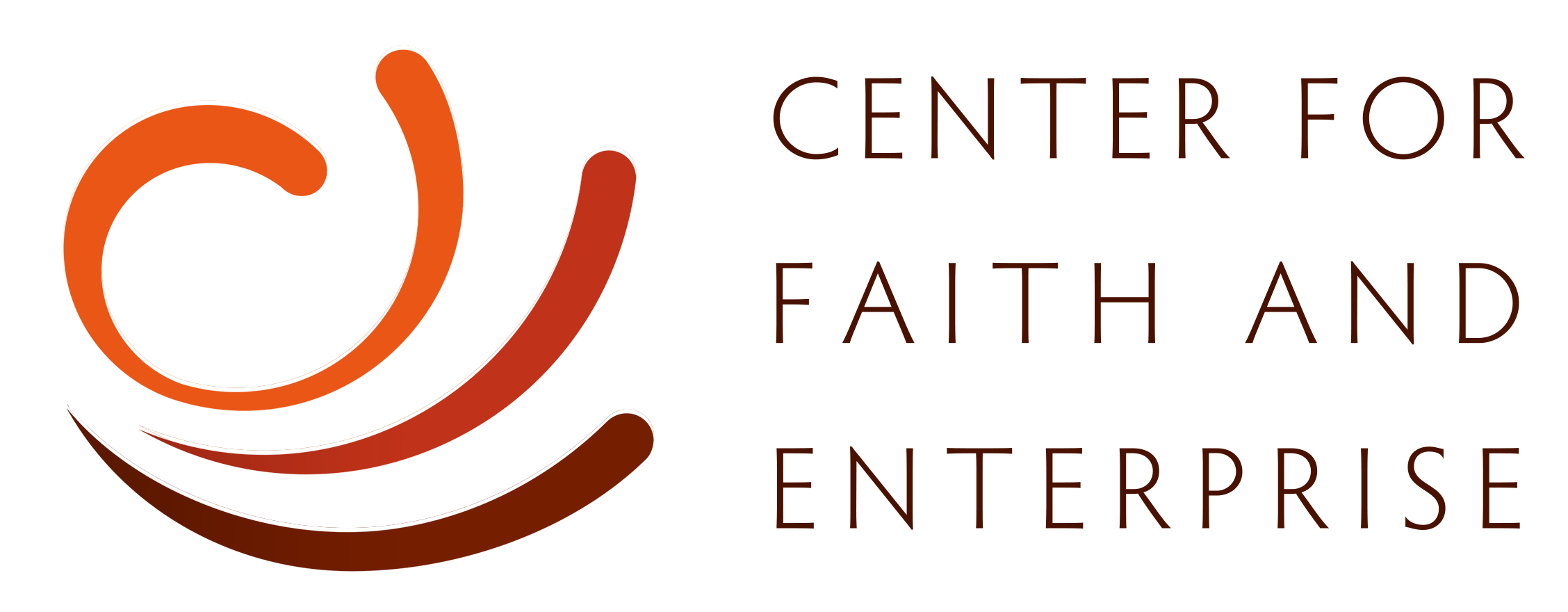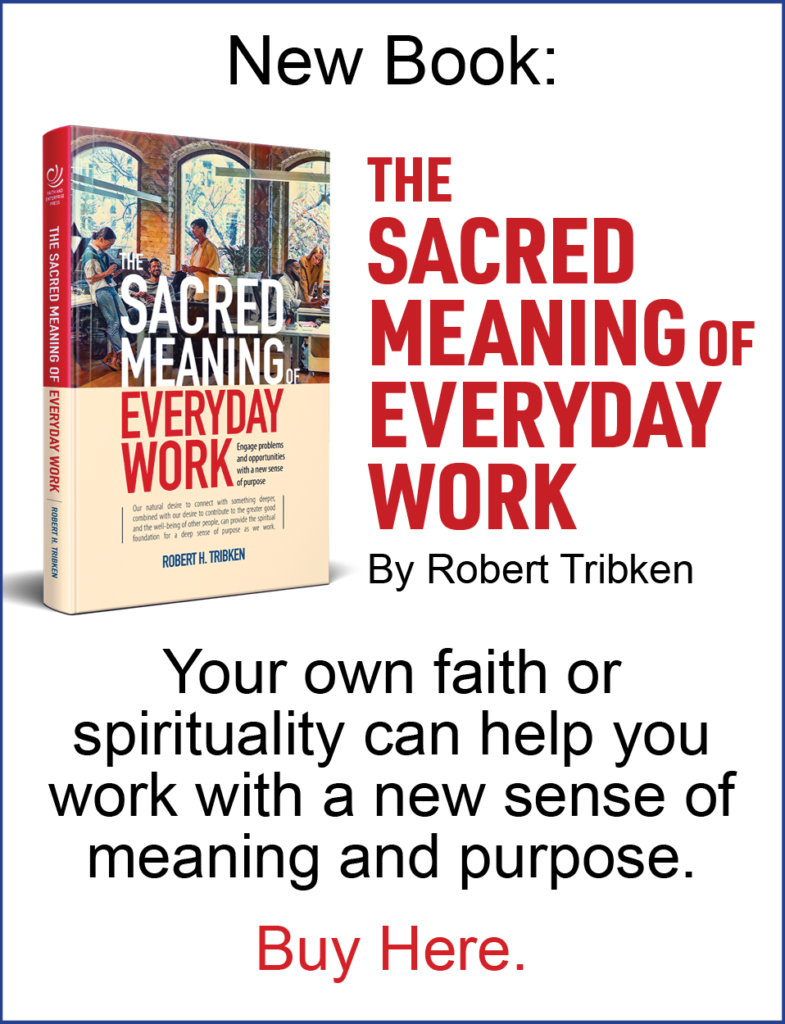
Video: Peter Hill Speaks on Humility
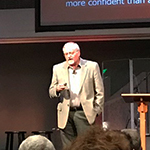
On October 30, 2018, Dr. Peter Hill spoke to our first Work Life Forum and presented the results of new research he and a multi-university team has developed about humility. A video of the event is now available;.
Humility is often misunderstood. It is not self-effacement or meekness, but involves having an accurate, ego-free assessment of ourselves, our abilities, and our limitations, and then being able to act accordingly. As such, humility can play an important role in how we deal with the stresses and conflicts in our work life. It can help us see and respond to circumstances more clearly and effectively, lower our stress levels, and improve our working relationships.
Chronic Time Pressure
 When people talk about their more frustrating work-related problems, quite often the issue of time, or the lack of it, comes up. For many people, there is not enough time to get everything done and this can be a serious and chronic source of stress. It seems as though fixing this one problem might make a huge difference in many people’s lives and in their ability to enjoy their work and their leisure.
When people talk about their more frustrating work-related problems, quite often the issue of time, or the lack of it, comes up. For many people, there is not enough time to get everything done and this can be a serious and chronic source of stress. It seems as though fixing this one problem might make a huge difference in many people’s lives and in their ability to enjoy their work and their leisure.
Professor of Psychology Alex Szollos has put forward a very insightful and I believe useful idea. He suggests that chronic time pressure, that feeling of always being short of time, should be seen as an overarching concept that incorporates two related but distinct elements: 1) an objective element, in other words, an actual shortage of time relative to the demands placed on the individual; and 2) a subjective element, in other words, the subjective experience of being harried and rushed pretty much all of the time.
When Callings Become Burdensome
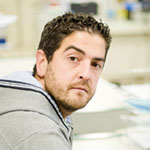 An acquaintance made a very interesting observation. He said that finding a calling has become a serious problem for many people his age (late 20’s), but not in the way that I had expected.
An acquaintance made a very interesting observation. He said that finding a calling has become a serious problem for many people his age (late 20’s), but not in the way that I had expected.
His contention was that there has been so much emphasis, especially among his peer group, on finding your calling, or following your passion, that the concept has become burdensome. Rather than finding a job that pays some money and seems to have a future, many people feel they are under a great deal of pressure to find not only a job but a calling. This has made it more difficult for them to get on with life.
Part of the problem, of course, is that it can take a long time to find or develop a calling, as Bryan Dik and Ryan Duffy point out in their book Make Your Job a Calling: How the Psychology of Vocation Can Change Your Life at Work. This can lead to a great deal of frustration if we try to rush the process.
But I think there might be more going on here.
We Need More Silence!
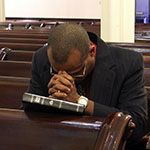 Writing in the Harvard Business Review Online (The Busier You Are, the More You Need Silence), Justin Talbot-Zorn and Leigh Marz lay out the arguments for why busy people need more quiet time.
Writing in the Harvard Business Review Online (The Busier You Are, the More You Need Silence), Justin Talbot-Zorn and Leigh Marz lay out the arguments for why busy people need more quiet time.
According to the authors, research shows that “taking the time for silence restores the nervous system, helps sustain energy, and conditions our minds to be more adaptive and responsive to the complex environments in which so many of us live, work and lead.” They provide selected references from both neuroscience and psychology.
They make a number of concrete recommendations involving ways to build more quiet time into our busy lives. These range from five minutes of meditation and reflection during the work day to longer quiet periods such as an afternoon spent in nature or a weekend meditation retreat.
In this article, Talbot-Zorn and Marz focus exclusively on the secular benefits of intentional silence, not the religious and spiritual. This is understandable given that they are writing for a general business audience; I might do the same.
But I think this exclusively secular approach leaves out an important aspect of intentional silence — the spiritual experience it sometimes evokes. . .
Liberate the Human Spirit!
 Some workplaces seem designed to crush the human spirit, others to liberate it. The difference is usually obvious.
Some workplaces seem designed to crush the human spirit, others to liberate it. The difference is usually obvious.
This raises the question: how might we encourage workplaces where people are happier and more alive, purposeful, and engaged?
There are several ways to think about this. One is through the lens of an area of psychology known as Self Determination Theory. You can find more information
here.
Michael Novak, 1933-2017
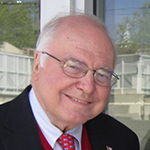 We received the sad news that Michael Novak died Thursday.
We received the sad news that Michael Novak died Thursday.
Novak was an outstanding scholar and the author of numerous books, including The Spirit of Democratic Capitalism and Business as a Calling. He was also a kind, thoughtful person with a gift for entertaining conversation.
A few years ago, shortly after the founding of the Center for Faith and Enterprise, I invited Michael to speak in California. To my complete surprise, I received a call from his assistant accepting my invitation; the result was a speaking tour sponsored by the C.F.E. (three formal lectures and two dinner meetings). I will always remember the almost two and half days we spent driving from venue to venue, conversing the whole time. It was a great time—he was an excellent conversationalist, a source of profound insight, and an encouraging voice.
(His friend the Rev. Robert Sirico of the Acton Institute has recorded a moving tribute.)
Societal Complexity and Human Well Being
 Three weeks ago I had the pleasure of hearing psychologist Mihaly Csikszentmihalyi speak at the Western Positive Psychology Association conference. Csikszentmihalyi is one of the founders of positive psychology (with Martin Seligman) and is well known and highly regarded for having developed the concept of flow.
Three weeks ago I had the pleasure of hearing psychologist Mihaly Csikszentmihalyi speak at the Western Positive Psychology Association conference. Csikszentmihalyi is one of the founders of positive psychology (with Martin Seligman) and is well known and highly regarded for having developed the concept of flow.
Csikszentmihalyi provided a preview of a paper on which he and Daniel Gruner are working called (as of now) Complexity: Towards a New Measure of Societal Well Being. He presented data that showed a correlation between societal complexity and various measures of societal well being.
The topic surprised me. Before hearing the talk, I probably would have been more inclined to associate well being with simplicity rather than with complexity. When I think of societal complexity, I think of burdensome policies and procedures and a regulatory system creating complex rules faster than they can be understood. But Csikszentmihalyi and Gruner mean something quite different.
Bad Seeds (Meant Literally)
 This month’s Reason Magazine (March, 2017) has a very interesting article by Francisco Toro on the bad seeds of Uganda. He means bad seeds literally – – seeds that do not germinate when planted.
This month’s Reason Magazine (March, 2017) has a very interesting article by Francisco Toro on the bad seeds of Uganda. He means bad seeds literally – – seeds that do not germinate when planted.
I have a special interest in what Toro has to say about this because I have been involved in a small way in several small agribusiness ventures in Uganda. I can vouch for what he is saying – – the bad seed problem is real and awful. Farmers can buy apparently good, certified seeds, and then have very small crops because a high proportion of the seeds do not germinate.
The fundamental problem is counterfeit seed. . .
Ralph Waldo Emerson on Vocation
 From a sermon preached by Ralph Waldo Emerson at the Second Church, Boston, October 21, 1832:
From a sermon preached by Ralph Waldo Emerson at the Second Church, Boston, October 21, 1832:
How many men now regard their business as so much interruption, as so much injury to their religious life? Their religious character is something separate from their daily actions. If instead of this each man worked in his favorite calling in the way and according to the principles of his own inward Teacher – and therefore with love—if he saw in every day’s labor that he was thereby growing more skillful and more wise; that he was co-operating with God in his own education, so that every dollar he earned was a medal of so much real power—the fruit and means of so much real goodness; if neither his working hours nor his rest was lost time, but all was helping him onward, would not his heart sing for joy? Would not the day be brighter and even the night light about him? Would not company be more pleasant and even solitude be sociable and his life reveal a new heaven and a new earth to his purer eyes?
Perhaps we can share his aspiration.
Leaving Work: Might a Ritual Help?
 Some of us have trouble leaving our work behind at the end of the day and have an unfortunate tendency to bring our stress and other pre-occupations home with us. This not only makes it difficult to recharge our batteries, but can also hinder our non-work relationships and activities.
Some of us have trouble leaving our work behind at the end of the day and have an unfortunate tendency to bring our stress and other pre-occupations home with us. This not only makes it difficult to recharge our batteries, but can also hinder our non-work relationships and activities.
Jackie and John Coleman (“Don’t Take Your Work Home with You”) offer a number of ideas that might help. For me, one in particular stands out: “have an end of work habit”. I would like to explore this idea further.
Perhaps we could develop a ritual of some sort to help us make the transition from work. . .
Passion and Our Work

We sometimes hear that we should “follow our passion.” But what happens when we actually do have a passion for our work—or maybe for some aspect of our life? Is this positive? Or is it negative?
According to psychologist Robert Vallerand, it could be either, depending on the type of passion.
Vallerand has written a fascinating and valuable book called The Psychology of Passion: A Dualistic Model, in which he proposes two types of passion: harmonious and obsessive. This has important implications for our work.
Nancy Ammerman on Religion in Everyday Life

Scholar and sociologist Nancy Ammerman has spent a great deal of time studying what she has termed “lived religion”, the “embodied and enacted forms of spirituality that occur in everyday life”, including the workplace. She includes beliefs and religious in lived religion, but goes well beyond these to include everyday practice. Ammerman found that religion and spirituality helped individuals find meaning throughout their daily lives:
“Looked at from one angle, what we found in stories of everyday life was that individuals were cultivating a religious consciousness and weaving a layer of spirituality into the fabric of their individual lives, a warp and woof that extend far beyond the institutional domain designated as ‘religious’.”
The Power of Integrity in Our Work Lives
 Integrity involves being in alignment — our words and actions are in alignment with our values and who we are at a deep level. As the story of Joseph and Potiphar’s Wife suggests, integrity can help us through the tough times and be a source of strength and resiliency in our work lives.This story is from the Biblical book of Genesis, Chapter 39, and takes place after Joseph has been kidnapped by his older brothers and sold into slavery in Egypt.
Integrity involves being in alignment — our words and actions are in alignment with our values and who we are at a deep level. As the story of Joseph and Potiphar’s Wife suggests, integrity can help us through the tough times and be a source of strength and resiliency in our work lives.This story is from the Biblical book of Genesis, Chapter 39, and takes place after Joseph has been kidnapped by his older brothers and sold into slavery in Egypt.
Coping With Stress: When Religion Helps or Hurts
 To prepare for our recent Spirituality for Busy People class, I reread some of psychotherapist and scholar Kenneth Pargament’s classic book The Psychology of Religion and Coping: Theory, Research, Practice. One of his key observations is that while religion can provide relief during times of stress, the actual form of religious coping matters a great deal. According to Pargament:
To prepare for our recent Spirituality for Busy People class, I reread some of psychotherapist and scholar Kenneth Pargament’s classic book The Psychology of Religion and Coping: Theory, Research, Practice. One of his key observations is that while religion can provide relief during times of stress, the actual form of religious coping matters a great deal. According to Pargament:
The seemingly straight forward question, ‘Does religion work,’ could not be answered with a simple ‘yes’ or ‘no.’ Instead, the answer depends on the kind of religion one is talking about, who is doing the religious coping, and the situation the person is coping with. Depending on the interplay among these variables, religion can be helpful, harmful, or irrelevant to the coping process. (p.312)
Preparing Leaders for Crisis: The Value of Theological Education
 We seem to be moving into a period of crisis that will put unusual burdens on leaders.
We seem to be moving into a period of crisis that will put unusual burdens on leaders.
Cultural and institutional changes (and, in many cases, failure) will call for leaders grounded in a broader, deeper perspective. Our religious institutions, including seminaries, could play a critical role in helping us prepare for this future
